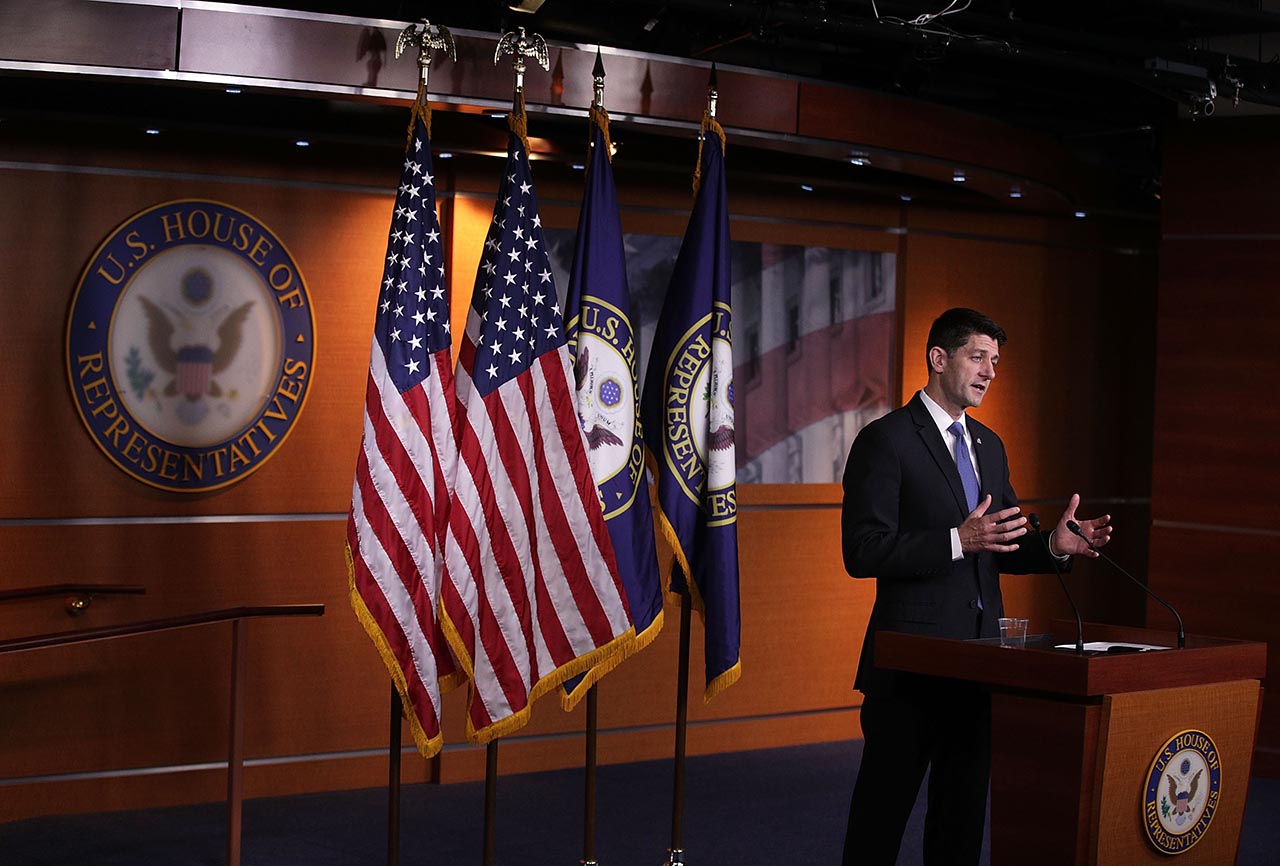
MI Responds: Senate Tax Bill is Strong on Corporate Reform, But Individual Side Needs Work
The Senate Finance Committee’s new tax bill aligns well with the House bill in the most important area of corporate reform. It would reduce the corporate tax rate from 35 to 20 percent, provide immediate business expensing, and join the rest of the developed world with territorial taxation. This will immediately increase capital investment, and thus worker productivity. Even respected Democratic economist Larry Summers, quoted in the Wall Street Journal, noted that productivity improvements will raise wages more effectively than pure redistribution. In other words, workers will benefit as jobs and income come back to America, and as productivity rises.
Regrettably, the Senate bill takes a step back in other areas. It fails to eliminate the estate tax or limit the mortgage interest deduction, and it retains seven individual tax brackets. Reducing the top marginal tax rate from 39.6 to 38.5 percent makes little sense. The change is too small to have an economic impact, yet large enough to require offsetting taxes elsewhere and be attacked for “cutting tax rates for the rich.” On the positive side, the Senate bill would fully eliminate the state and local deduction, rather than retain a capped property tax deduction like the House bill.
The Senate’s biggest challenge is that it inexplicably passed a budget resolution that required the tax cut bill to score as revenue-neutral after the first decade – rather than allowing even small, declining deficits over the next few decades. Unfortunately, the Senate will likely address this problem through aggressive expiration dates that would sabotage the pro-growth effects of the bill.
Related Materials:
- Ten Thoughts on the House Republican Tax Reform Bill
- Republicans Should Not Embrace New 46 Percent Tax Rate
MI Responds features real-time commentary from MI scholars on breaking news and developing issues.
______________________
Brian M. Riedl is a senior fellow at the Manhattan Institute. Previously, he worked for six years as chief economist to Senator Rob Portman (R-OH) and as staff director of the Senate Finance Subcommittee on Fiscal Responsibility and Economic Growth. Follow him on Twitter here.